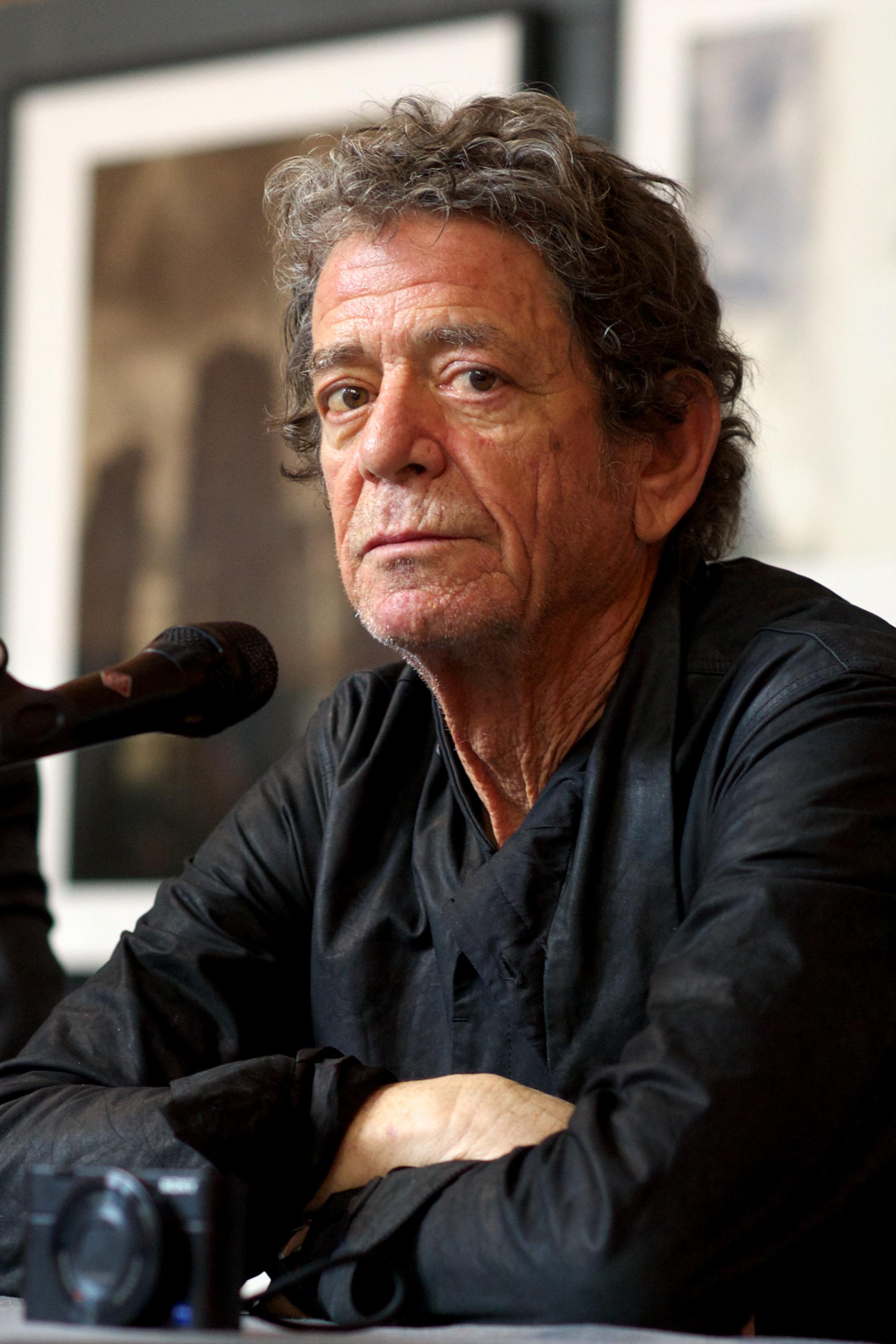Lou Reed’s death, at age 71, comes at a time of unusual optimism for his city. Reed wrote about New York for most of his life, from documenting the neuroses of Andy Warhol’s circle in the 1960s to penning goofy tributes to egg cream in the 1990s. Reed wrote very little new music about the city after 2000; he didn’t document the unexpected prosperity and falling crime rates of the Bloomberg years.
“Faulkner had the South, Joyce had Dublin,” said Reed in a 1989 interview. “I’ve got New York—and its environs. It’s just a big city.”
So for those of us born in the 1980s, Reed’s music was delightfully anachronistic—none of it moreso than his 1989 “comeback” album, New York. (It had only been a few years since his pop hit “I Love You Suzanne,” but the intervening Mistrial album was one of those ‘80s accidents that made listeners question whether they’d ever get their hero back. See also: Paul McCartney’s Press to Play, Bob Dylan’s Down in the Groove.) The album was received as a great, confusing slab of political analysis, a statement of intent from a Jim Sleeper-ish liberal who was increasingly nervous about decline. Listen to “Good Evening Mr. Waldheim,” in which Reed denounced the Nazi past of the Austrian pol, his defenders, and Rev. Jesse Jackson.
Here comes Jesse Jackson
He talks of common ground
Does that common ground include me
Or is it just a sound?
A sound that shakes
Oh Jesse, you must watch the sounds you make
A sound that quakes
There are fears that still reverberate
Jesse you say common ground
Does that include the P.L.O?
What about people right here, right now
Who fought for you not so long ago?
The words that flow so freely
Falling dancing from your lips
I hope that you don’t cheapen them
With a racist slip
Oh common ground
Is common ground a word or just a sound?
Oh, oh, common ground
Remember those civil rights workers buried in the ground
If I ran for president
And once was a member of the Klan
Wouldn’t you call me on it
The way I call you on Farrakhan?
In “There is No Time,” Reed spat off a list of homilies, writing in the voice of someone who wanted to use the social anxiety of the moment as a spark for revolutionary change.
This is no time to turn away and drink
Or smoke some vials of crack
This is a time to gather force
And take dead aim and attack
This is no time for celebration
This is no time for saluting flags
This is no time for inner searchings
The future is at hand
This is no time for phony rhetoric
This is no time for political speech
This is a time for action
Because the future’s within reach
This wasn’t far from Reed’s own voice. “I think the cover-up of Kennedy’s assassination, then the pardoning of Nixon finished it for a lot of people,” he said in that 1989 interview. “They said, ‘Well, we didn’t know it was bullshit before. We certainly know it’s bullshit now. So fuck it. Every man for himself.’ No one gives a shit. They know they’re getting fucked. No time to take care of anything else.”
Twenty-four years later it’s easy to find that same sentiment. Wherever white liberals (or Tea Partiers) gather, there’s a sense that all is lost. But that sense is no longer colored by the fear of being robbed on the subway or raped in Tompkins Square.
Read an appreciation of Lou Reed by music critic Carl Wilson, check out the great American Masters documentary on Lou Reed, get tips on where to start with Lou Reed’s music, read Mark Joseph Stern on whether the singer was the first out rock star, and read Rob Wile on how Reed helped bring down communism in Eastern Europe.
